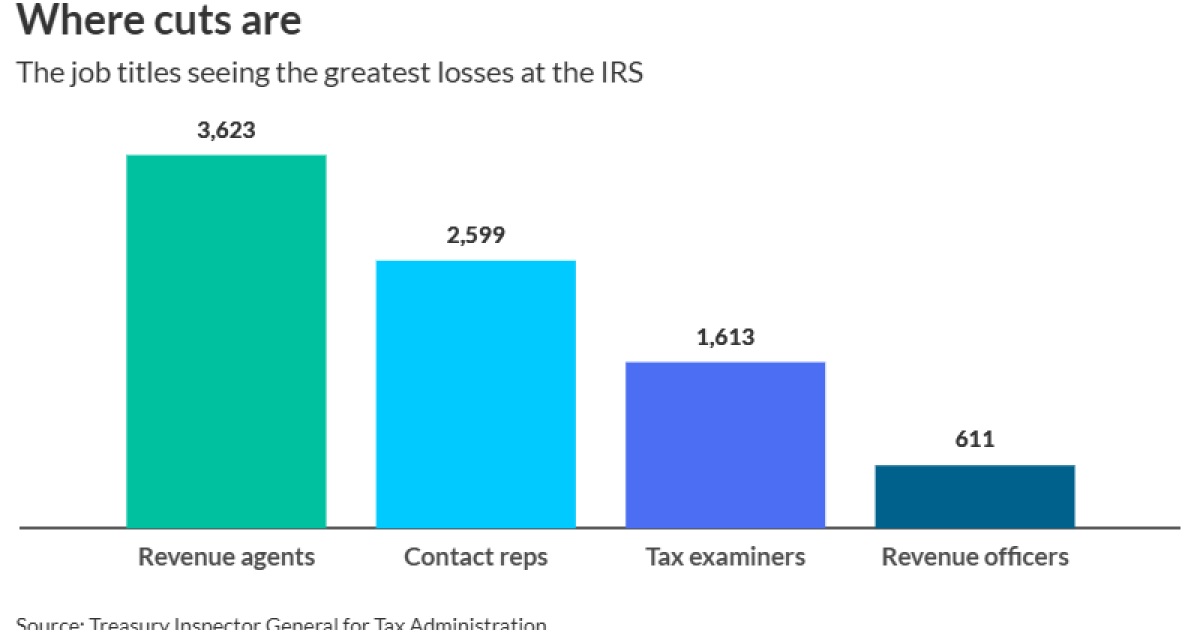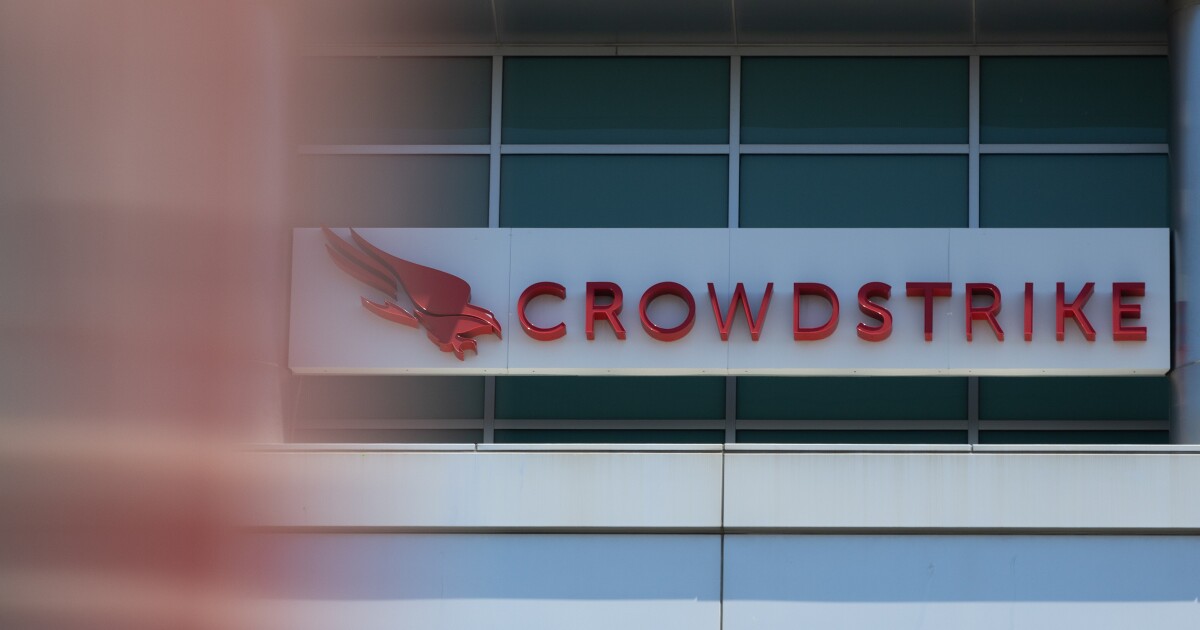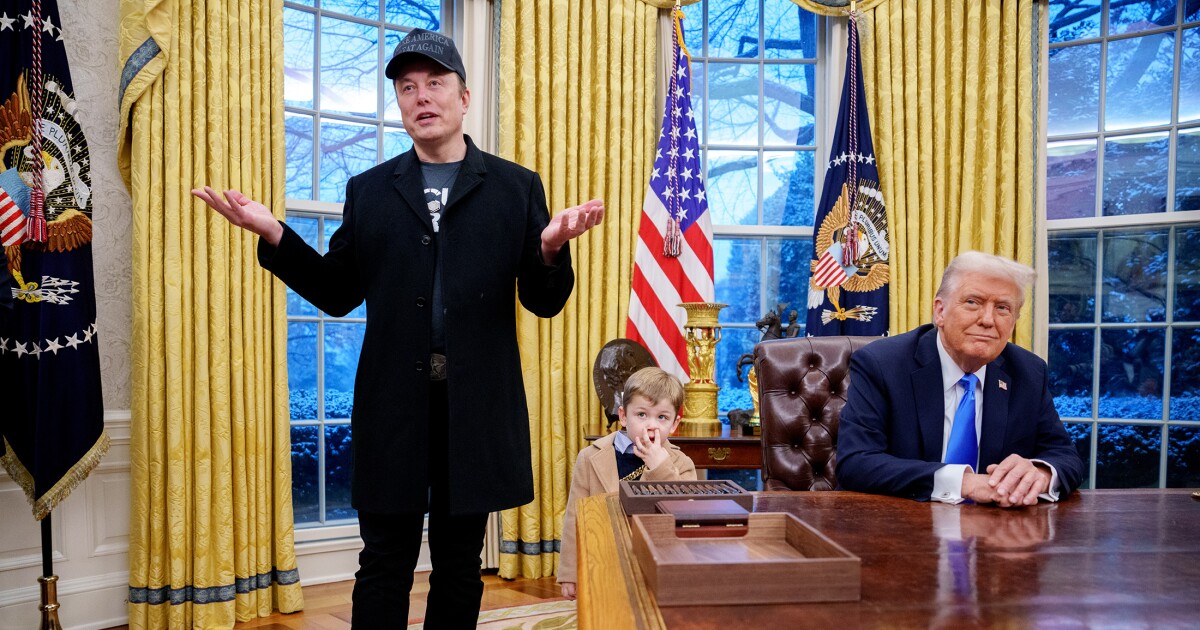The accounting profession, like many others, is experiencing a demographic shift. Millennials and Gen Z are increasingly populating the workplace, bringing different expectations, work styles and technological proficiencies.
By 2030, Gen Z alone will make up 30% of the labor force. Additionally, the AICPA has reported that 75% of today’s public accounting CPAs will retire in the next 15 years. That means there are going to be many jobs to fill and new generational ideas shaping the industry in a big way.
Why should we prioritize having a multigenerational workforce? Beyond necessity, one compelling reason is teams with an age spread of more than 10 years are twice as successful in their decision-making. By embracing the collective wisdom of our employees, we will undoubtedly transform our work, experiences and the entire industry.
Managing this multigenerational workforce presents both challenges and opportunities for accounting firms, especially for owners and directors who grew up in an industry that had strong ideas about work expectations and “paying your dues.”
As the head of HR at Platform Accounting Group, a collective of more than 40 local firms across the United States, I have seen firsthand how complicated these differences can be, but I’ve also seen how amazing it can be to have multiple generations seeking to understand each other and working to get things done. Successfully managing a multigenerational team requires a tailored approach that acknowledges these differences while leveraging the strengths of each generation, vs. trying to force-fit or assume one way works better.
Here are four main strategies I’ve seen work effectively for supporting a multigenerational team:
1. Make sure the work is engaging. A Gallup Report on employee engagement shows that companies with a highly engaged workforce have 21% higher profitability. They also have 17% higher productivity than companies with a disengaged workforce. How do you engage people in the work? Involve them in the client story as early as possible so they see the impact of their work and opportunities to be even more effective as they gain experience. Ensure they’re taking advantage of their strengths, interests and passions, and continually check in on what’s energizing them. If people are excited about their work, they have better results and contribute to a positive culture, and the workplace is a stronger place for everyone to be.
2. Personalize development, work situations and career pathways. While accounting has some old-school ideas about work hours and “paying your dues,” the world has shifted. Remote work is much more common, and younger generations are looking for more flexibility, working in ways that work for them, and fewer one-size-fits-all opportunities. While older generations may be anchored on the way they did things, in order to attract and retain young talent, there needs to be an understanding that technology has made it possible for work to be done differently. Additionally, giving people the opportunity to personalize their career pathways and scale up and down during different seasons of life is the norm in most industries, and to compete, we have to be willing to do the same. Not everyone wants the same thing, and respecting these differences can be vital to creating a healthy, engaged workforce.
3. Foster healthy communication and empathy. One challenge we face is differing views on work-life balance and what type of hours are needed in our industry, which historically has been thought of as very high demand and long hours. I continually remind managers to remember how they felt starting out and that the younger generations are right — our lives should not only be our jobs. We clearly need to get our jobs done and serve our clients well, but working long hours just to work long hours is an outdated idea that doesn’t serve anyone. Additionally, I remind our younger workers that previous generations had to work hard to get here, and we need to respect all they’ve invested in the profession. With a better understanding of others’ needs, we can collaborate on reshaping how work gets done.
4. Lead with values and remind people their work matters. Younger workers want to ensure their values align with those of their employer, so it’s important to highlight what’s important to our company, how we make decisions, and how we shape our culture. It’s easy to be heads down with the amount of work we have on our plates but remembering the “why” behind all of this is critical. Accounting and tax advisement is essential to keep the world running, and what we do adds enormous value to our clients, their lives and their businesses. As we remind ourselves of our common values and how important the “why” behind what we do is, it helps us work through our differences and recognize we’re all on the same team.
As we navigate the changes within our workforce, I’ve tucked a couple of secret weapons into my toolkit that help reframe challenges into opportunities. I invite you to do the same and know that over time these become a new way of thinking about the part we play at work.
- Always be curious. We don’t have to guess what different people and different generations want, and we shouldn’t make assumptions. Ask people what energizes them, what’s important to them, what their boundaries are and so forth. Being curious keeps us from being judgmental. Do something with what you learn.
- Commit to supporting others. We need to be emotionally invested in each other’s success, so we should prioritize building relationships. Training and career development should be continuous. Even the most tenured, engaged and happy individuals need a little support now and then.
Another difference between generations is how long employees tend to stay with an employer, and that timeframe has been on a downturn for quite a while. While the average tenure might adjust again, we are best served by embracing the time we do have with our employees and recognizing our duties to one another in order to make the most of it. The alternative is to be frustrated with the perceived reduction of loyalty, which means we are unlikely to invest in employees as much as we should (which makes them exit even faster).
While managing a multigenerational workforce requires effort and a willingness to be flexible, the benefits are significant. Diverse teams bring a wider range of perspectives, skills and experiences, leading to greater innovation, creativity and problem-solving. By embracing the strengths of each generation, accounting firms and departments can create a more dynamic, productive and successful work environment. This, in turn, will help attract and retain top talent, ensuring a better future for the accounting profession.


 Economics1 week ago
Economics1 week ago
 Accounting1 week ago
Accounting1 week ago
 Blog Post5 days ago
Blog Post5 days ago
 Economics1 week ago
Economics1 week ago
 Personal Finance1 week ago
Personal Finance1 week ago
 Economics6 days ago
Economics6 days ago
 Personal Finance1 week ago
Personal Finance1 week ago
 Finance1 week ago
Finance1 week ago











